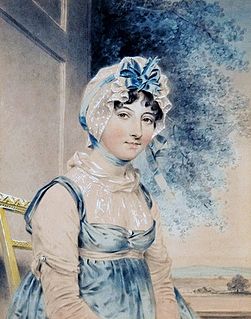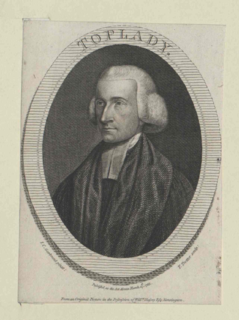A Quote by Neal Stephenson
This is one of the two great labyrinths into which human minds are drawn: the question of free will versus predestination.
Related Quotes
There are two famous labyrinths where our reason very often goes astray. One concerns the great question of the free and the necessary, above all in the production and the origin of Evil. The other consists in the discussion of continuity, and of the indivisibles which appear to be the elements thereof, and where the consideration of the infinite must enter in.
Chess is a unique battlefield for human minds and computers - human intuition, our creativity, fantasy, our logic, versus the brute force of calculation and a very small portion of accumulated knowledge infused by other human beings. So in chess we can compare these two incompatible things and probably make projections into our future. Is there danger that the human mind will be overshadowed by the power of computers, or we can still survive?
The basic confrontation which seemed to be colonialism versus anti-colonialism, indeed capitalism versus socialism, is already losing its importance. What matters today, the issue which blocks the horizon, is the need for a redistribution of wealth. Humanity will have to address this question, no matter how devastating the consequences may be.
He [God] made us free, and He respects that. It is two different spheres of causality. Interdependent, though. It is not two boxes looking at one another without any kind of direct connections. There are very direct connections. That's why the question of "how are we free if God is omnipotent?" is a real, constant question. Ultimately, God is all powerful, and yet we are free.
What we have been told is how we men can be drawn into Christ-can become part of that wonderful present which the young Prince of the universe wants to offer to His Father-that present which is Himself and therefore us in Him. It is the only thing we were made for. And there are strange, exciting hints in the Bible that when we are drawn in, a great many other things in Nature will begin to come right. The bad dream will be over: it will be morning.
I infer that God's decrees, and the necessity of event flowing thence, neither destroy the true free-agency of men, nor render the commission of sin a jot less heinous. They neither force the human will, nor extenuate the evil of human actions. Predestination, foreknowledge, and providence, only secure the event, and render it certainly future, in a way and manner (incomprehensibly indeed by us; but) perfectly consistent with the nature of second causes.
The human race will disappear. Other races will appear and disappear in turn. The sky will become icy and void, pierced by the feeble light of half-dead stars. Which will also disappear. Everything will disappear. And what human beings do is just as free of sense as the free motion of elementary particles. Good, evil, morality, feelings? Pure 'Victorian fictions'. Only egotism exists.
I would like to suggest that our minds are swamped by too much study and by too much matter just as plants are swamped by too much water or lamps by too much oil; that our minds, held fast and encumbered by so many diverse preoccupations, may well lose the means of struggling free, remaining bowed and bent under the load; except that it is quite otherwise: the more our souls are filled, the more they expand; examples drawn from far-off times show, on the contrary, that great soldiers ad statesmen were also great scholars.
No one else can want for me. No one can substitute his act of will for mine. It does sometimes happen that someone very much wants me to want what he wants. This is the moment when the impassable frontier between him and me, which is drawn by free will, becomes most obvious. I may not want that which he wants me to want - and in this precisely I am incommunicabilis. I am, and I must be, independent in my actions. All human relationships are posited on this fact.





































